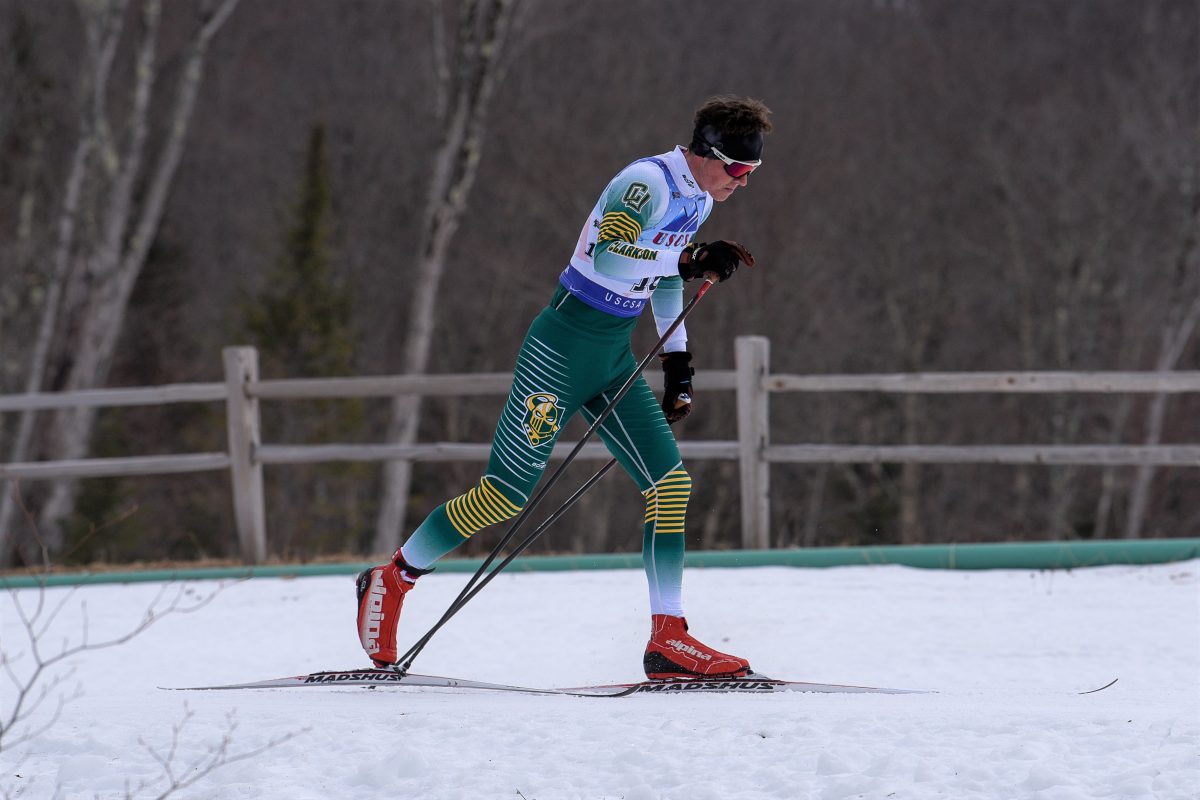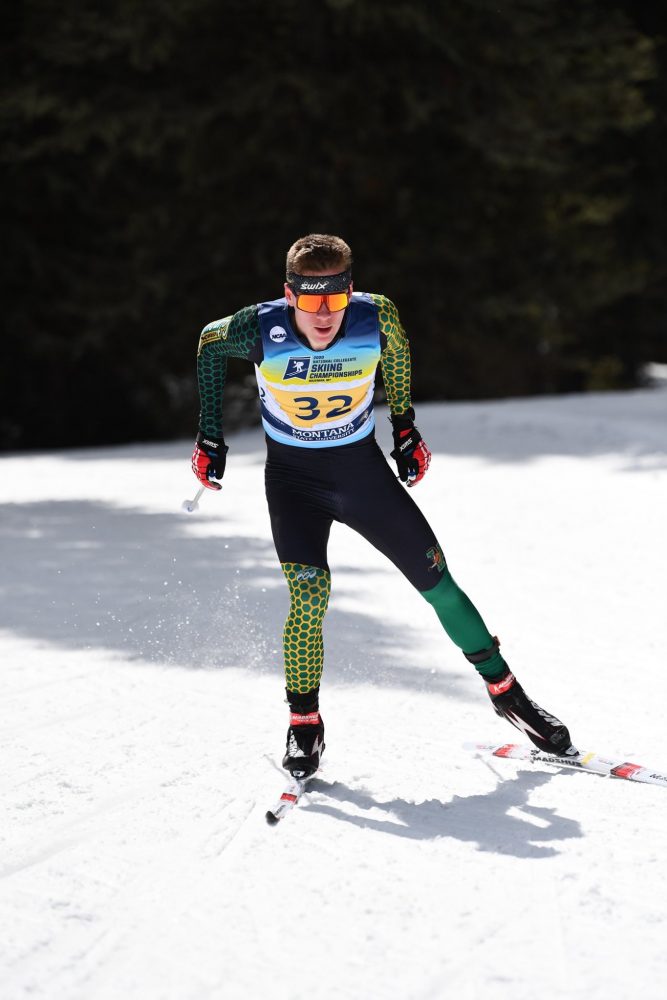
In 2022, Beijing will become the only city that has hosted both Summer and Winter Olympic Games. But sooner than expected another unlikely city might join that rank: Los Angeles.
L.A. is currently one of only two remaining candidate cities to host the 2024 Summer Olympic and Paralympic Games, the other one being Paris. The winner will be determined at the next International Olympic Committee (IOC) general session in Lima, Peru, in September of this year.
But recently, the IOC Executive Board has become worried about a bidding process it fears is too expensive, too elaborate, and “produces too many losers” in the words of IOC President Thomas Bach. Under the current circumstances, otherwise highly qualified cities often don’t want to bid again for future Olympics after coming up short in an IOC session, and cities at least in many democratic countries are ending their candidacies under pressure from lost popular votes.
For the 2024 Olympics, cities such as Hamburg, Rome and Budapest withdrew their bids from consideration after political opposition, leaving only L.A. and Paris to choose from.
And for the 2022 Winter Games, the IOC ultimately was left with another two-horse race between Beijing and Almaty, Kazakhstan, after cities such as Oslo and Munich withdrew their bids.
For example, if the Olympics were to be held in Munich, virtually no costly “white elephant gift” venues never to be used again after the two-week Games would have had to be built, a plight suffered by several recent Olympic host cities. The region already hosts World Cup events every year (e.g. in Ruhpolding for biathlon, Oberstdorf for cross-country skiing and ski jumping, Garmisch Partenkirchen for alpine skiing, Königsberg for bobsled, and Inzell for speed skating). Only one or two athlete villages and a media center would have had to be built providing sorely needed new real estate. But in 2013, a majority of citizens still voted against the Olympic project. That certainly has given the German-born IOC President Bach reasons to worry about the future of the Olympics, after a plan called Agenda 2020 failed to spark significant changes.
So now the IOC has publicly pondered plans to award multiple games at the same time as soon as during this year’s session, reportedly offering the loser of the 2024 Olympic bid the next Summer Games in 2028 automatically. But Los Angeles and especially Paris were not fond of that idea. “We have only one objective and that is to host the Games in 2024,” the chairman of Paris’ candidature Tony Estanguet said at a media event in London last week.
Within the IOC, L.A. is widely considered to have presented a sound plan to host the 2024 Games on a reasonable budget without too much new construction required. Paris might have the tradition speaking for it, hosting the 2024 Olympics exactly 100 years after it already did so in 1924, but for the City of Angels, it would also be the 40-year anniversary of the 1984 games.
Now the overlords of the IOC have come up with a follow-up suggestion: Los Angeles could also host the 2026 Winter Olympics, saving costs associated with the bidding process, and profiting from synergies in the back-to-back organizing and broadcasting of the event. Reportedly the IOC’s main media partners NBC and Discovery Communications, which holds the TV and internet distribution rights for Europe, are in favor of the plan. The same is true for key “Olympic Partner” sponsors such as Coca Cola, McDonalds, Visa, GE, P&G, and Samsung.
The advantages are clear: the same Olympic village, only one new media center, only having to create sufficient hotel and transportation capacity once, the same security concept, the same ticketing solution, and so on. The IOC even promises to pass on a larger percentage of its revenue share to the host city in case of a successful double-bid without “double-dipping”.
Of course there is one obvious problem: L.A. has a temperate climate year round with no snowfall, and is a city where people are so accustomed to warm weather conditions that they freak out even over a little rainstorm or when temperatures drop to 50 degrees Fahrenheit. The downtown L.A. weather station only recorded measurable snowfall three times in 1882, 1932 and 1949 since official weather records were kept, with the last one elsewhere in the L.A. basin in 1962.
“At first, of course I also thought it was a really weird idea for our city to host a winter sports event,” Los Angeles mayor Eric Garcetti, a fourth-generation Angeleno who has never experienced snowfall in his city, told FasterSkier. “But IOC President Bach has since convinced me that having natural snow is not really a prerequisite to hosting Winter Olympics anymore. Beijing doesn’t get any snow with regularity, either, and Sochi has the same climate as the Mediterranean Sea. They even have palm trees on the oceanfront, just like us. Many of the events are indoors on ice rinks anyway, and the outdoor ones can be hosted in the mountains just a few hours by car or bus away.”
“People don’t realize that a number of NBA arenas also double as NHL hockey arenas,” basketball legend and 1992 Olympic gold medalist Ervin “Magic” Johnson said, an advisor to the L.A. 2024 Organizing Committee and president of basketball operations of the LA Lakers. “We have that here in L.A. for the Kings playing their home games in the Staples Center, and for the Lakers we just cover up the ice with a hardwood floor. The same in Boston, or even in very hot cities like Phoenix. With modern technology that’s no problem at all!”
Similar to how the Rosa Khutor Alpine Resort east of Sochi played a big role for the 2014 Olympics, hosting all alpine, biathlon, ski jumping and cross-country events, Los Angeles would have to rely on more mountainous venues for those sports. Mammoth Mountain could be an option with some experience hosting international snowboard and freeskiing events and secure snow for cross-country due to its higher altitude, potentially the resorts around Big Bear Lake closer to the city, and a bit farther away Squaw Valley and Lake Tahoe are also under consideration, according to sources close to the LA 2024 Candidature City Committee.
Just last month, the FIS Alpine Ski World Cup returned to California for the first time in 19 years with a women’s giant slalom and slalom at Squaw Valley Alpine Meadows. U.S. Ski Team star Mikaela Shiffrin did not disappoint her many fans, sweeping the two races on the Red Dog run.
“We never anticipated hosting both summer and winter games back-to-back, but this is such an exciting opportunity,” explained Casey Wasserman, chairman of the LA 2024 Committee and CEO of the Wasserman Media Group, a sports and entertainment company. “It would save a lot of financial and environmental resources for these two games, not having to build a new village, a new arena for the opening ceremony, and so on. And luckily we have some huge winter sports competency on our leadership team already.”
That experience mainly comes in the form of Angela Ruggiero, the chief strategy officer for the LA 2024 Committee and an ice hockey Hall of Famer and four-time Olympian who won gold in 1998, silver in 2002 and 2010, and bronze in 2006.
Other past and future U.S. Olympians were both surprised and excited when they heard the news of a potential candidacy by the California city.
“I’m from Palo Alto and have really no emotional connection to LA,” US Biathlon’s Joanne Firesteel Reid wrote in an email to FasterSkier. Reid is a 2008 Junior Olympics gold medalist, US Biathlon senior team member, daughter of U.S. Olympian Beth Reid and niece of speed skating Olympic champion Eric Heiden. “For now I have my mind set on the 2018 and maybe the 2022 Olympics. But it would be crazy fun for California to host a major biathlon and winter sports event, so I am all for it.”
That thought was shared by 19-year-old U.S. Ski Team development team member Hannah Halvorsen, of Truckee, Calif. She competed at last year’s 2016 Youth Olympic Games in Lillehammer, Norway.
“Olympics in California, that alone is just an amazing dream,” she wrote. “Who knows? I might just be peaking at that point.”
Figure skater Mirai Nagasu even hails from Los Angeles County, and alpine skiers Julia Mancuso and Travis Ganong — also born in Truckee — live in Squaw Valley for part of the year. Both were excited about the possibility to see Olympic races potentially happening in their hometown, though the four-time Olympic medal winner Mancuso cautioned those games would come too late for her anyway, as she plans to likely retire after the 2018 Olympics in PyeongChang, South Korea.
“I will have to watch those games from the stands or from my couch like a normal person,” she laughed. “But I would love to play even a minor role in bringing Olympic games to my hometown. The organizing committee can sign me up if they need some social media promotion. I have tons of selfies and hours of ski video footage from the mountains around Lake Tahoe, I even got married there.”
The last time the U.S. hosted an Olympics was in 2002 in Salt Lake City, Utah. The last time North America has hosted an event was more recently in Canada in 2010 in Vancouver, British Columbia.
Opposition to the IOC’s plans are expected to come from cities who also considered bids for the 2026 Olympics and were surprised by the seemingly sudden potential overhaul of the whole bidding process, such as Innsbruck (Austria), Stockholm (Sweden) and Helsinki (Finland), or the region around Sion (western Switzerland). Almaty might take another shot after losing to Beijing for the 2022 Games, with Sapporo, Japan, also reported as another candidate city from Asia that already hosted games in the past.
For North America, Calgary also had initial plans to submit a bid, with the city council approving a $5 million dollar budget in June 2016 for an exploratory phase. Now the host city of the 1988 Winter Olympics was caught off-guard by the possibility another major city on the continent could vault to the forefront of the candidates in the bidding process.
“Honestly, we were feeling really positive the way things were trending before this announcement,” said John Furlong, CEO of the 2010 Olympics in Vancouver and a current advisor to the Canadian Olympic Committee. “But L.A. potentially getting the 2026 Winter Olympics by default? That came out of nowhere. This has got to be a joke or something.”
Harald Zimmer
Harald has been following cross-country skiing and biathlon for some 20 years since the Olympic Winter Games in Albertville and Lillehammer. A graduate of Middlesex University London and Harvard University, he now lives near the Alps where he likes to go skiing, snowboarding and hiking. He is a former track athlete in middle-distance running, as well as a huge NBA fan.



